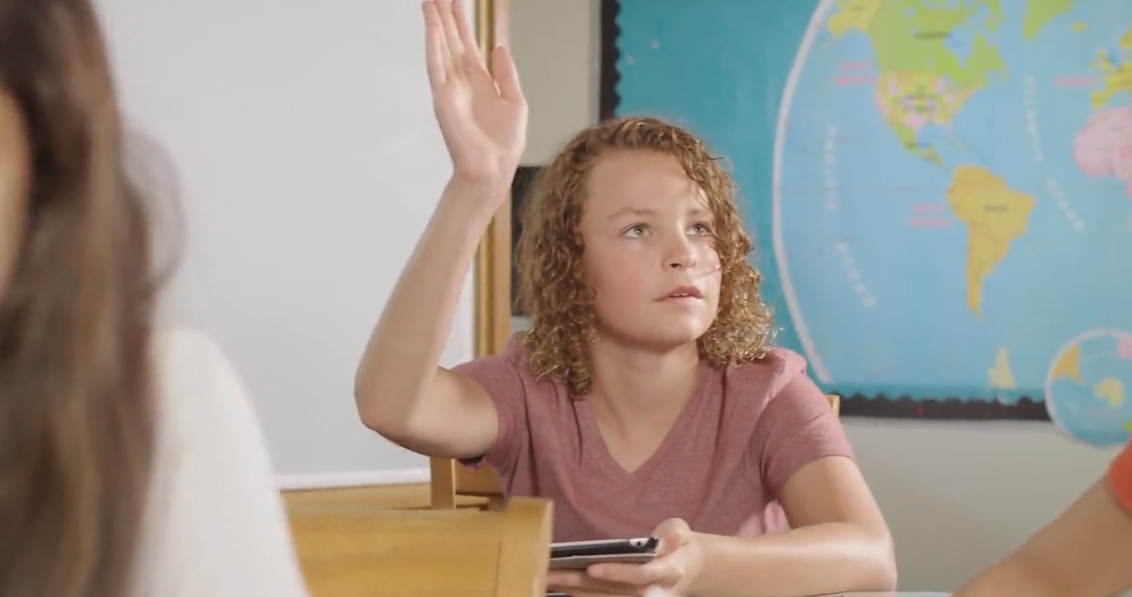
Introduction
Every student has unique learning, social-emotional, and sensory needs. It is essential for educators to understand and accommodate these needs to ensure the success of each student. However, there may be instances when a student’s needs are not being met at school. In such situations, it is important that students learn to advocate for their needs respectfully. This blog post will discuss a no-prep activity to teach students how to advocate for their learning accommodations, along with discussion questions, related skills, and next steps.
No-Prep Activity
In this no-prep activity, students will practice identifying their learning accommodations and advocating for them. Begin by having students think about a time when they needed an accommodation that was not provided. Ask them to consider what they could have done differently to communicate their needs to the teacher or other adults in the school.
Next, divide the class into pairs. Each student will take turns playing the role of a student who needs an accommodation and the role of a teacher or staff member. The student in need of an accommodation will explain their needs and why they require assistance. The teacher or staff member will respond, and the pair will engage in a respectful conversation about the student’s needs.
After the role-play activity, encourage the class to share their experiences and discuss the importance of advocating for their learning accommodations.
Discussion Questions
- Why is it important for students to advocate for their learning accommodations?
- What are some strategies students can use to communicate their needs effectively and respectfully?
- How can teachers and school staff support students in advocating for their learning accommodations?
- What is the difference between a need and a want? Why is it essential to focus on advocating for needs rather than wants?
- How can students differentiate between situations that require immediate action and those that can be addressed at a more appropriate time and place?
Related Skills
Besides advocating for learning accommodations, there are several other skills that can contribute to a student’s overall success in school. Some of these skills include:
- Effective communication
- Active listening
- Problem-solving
- Self-awareness
- Empathy and understanding others’ perspectives
Developing these skills will not only help students advocate for their learning accommodations but also improve their overall social-emotional well-being.
Next Steps
Teaching students to advocate for their learning accommodations is an essential skill that can positively impact their educational experience. To further explore this skill and others, we encourage you to sign up for free sample materials at Everyday Speech. These resources can help you enhance your students’ social-emotional learning and support their overall success in school.

